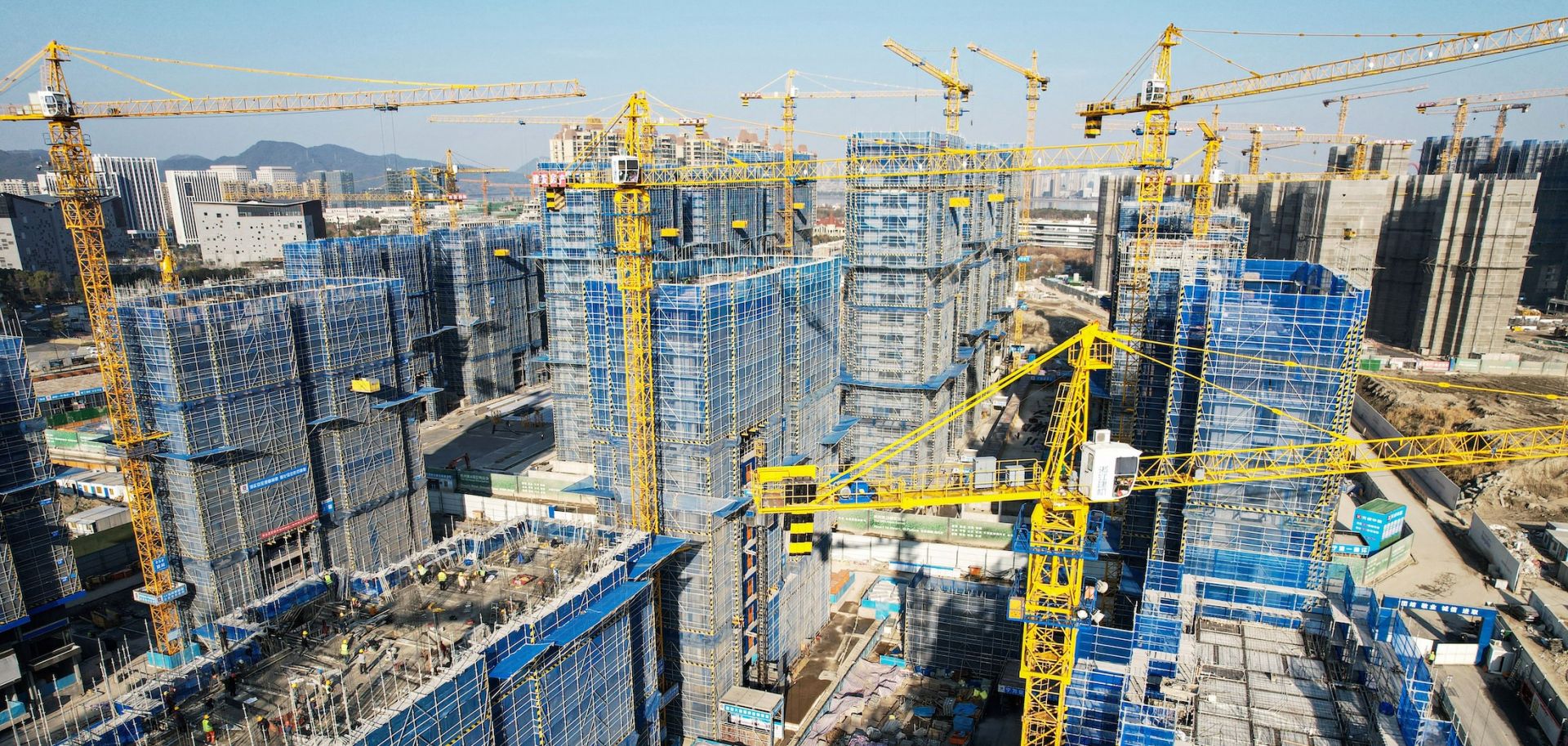China's efforts to rein in unsustainable investment in the infrastructure and real estate sector will not lead to a systemic financial crisis, but broader reforms aimed at substantially reducing excess savings or creating more profitable investment opportunities that would help rebalance the economy toward more sustainable medium-term growth will remain unlikely in the coming years. Chinese economic policymakers have been seeking to rein in unsustainable investment in infrastructure and the real estate sector amid macro-financial risks caused by a very high savings rate in the context of a declining profitability of investment. The very structure of Chinese investment, which is concentrated in infrastructure and housing, is generating declining and increasingly negative financial returns. A declining profitability of investment is to be expected, as China approaches the technological frontier and the marginal productivity of capital declines, and as highly profitable investment projects become scarcer. The recurring misallocation of capital or overinvestment...

